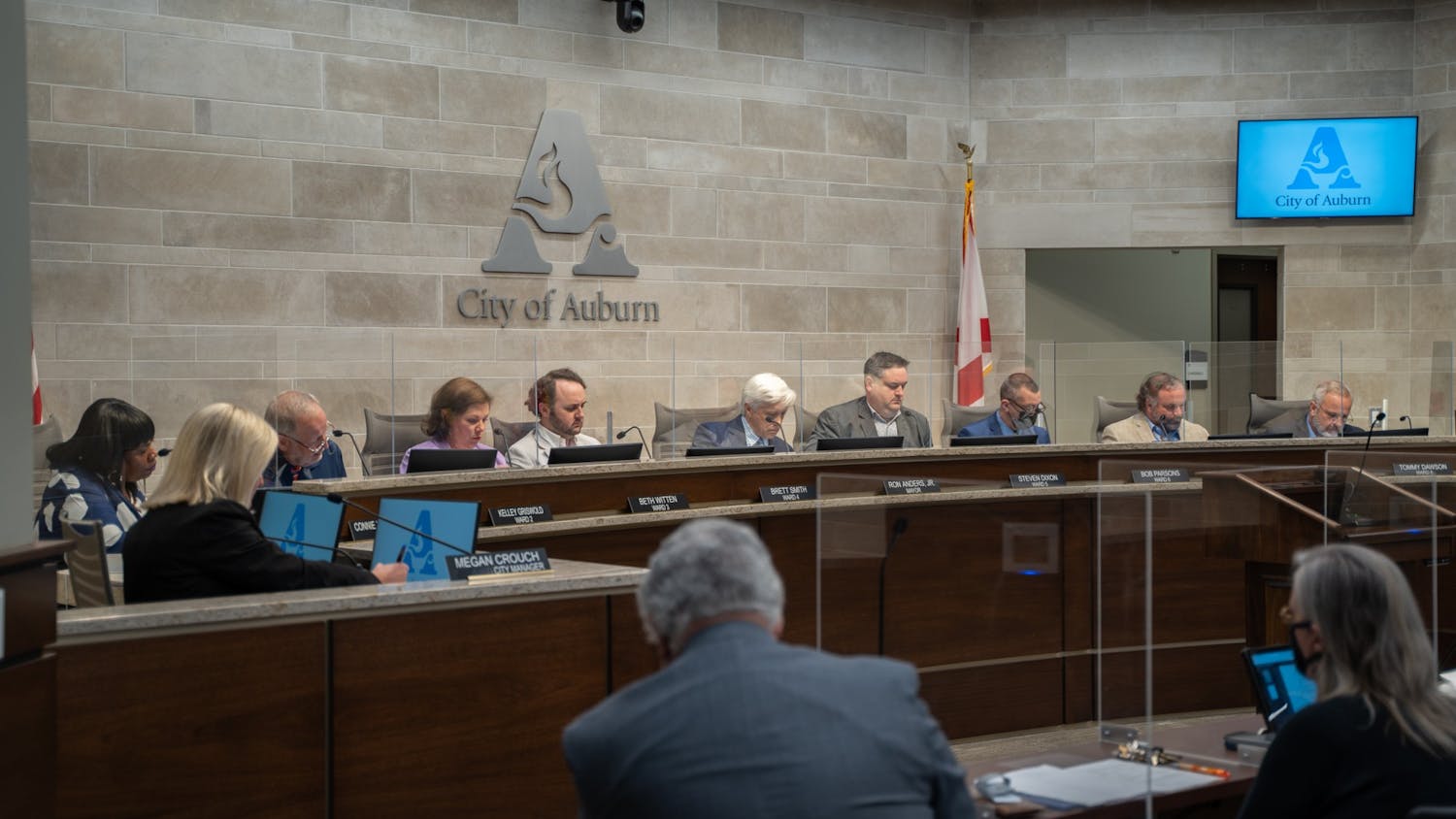With latest addition of Google+ to the ever-expanding plethora of social-networking sites, now more than ever, it's important to make sure your computer stays safe from viruses.
Mark Wilson, manager of network security at the Office of Information Technology, said viruses have changed dramatically over the years. Every week, he said, there are hundreds of new vulnerabilities and thousands of viruses discovered.
If your computer becomes infected, Wilson said, you can end up with one of two outcomes. On the extreme end of the spectrum, another computer or human being can take control of your system, Wilson said.
"They would have eyes on every task you perform," Wilson said. "If you go to your banking website, it could log your password. It could steal personal information, credit card numbers, social security numbers."
Wilson said a virus could also use your system to attack other systems.
"It can be part of what they call a bot net, or when many systems are working in concert with each other because of a master controller," Wilson said. "Many thousands of systems can take down a website."
On the other end of spectrum, a virus can simply be very annoying. Every time you're surfing and looking for something, there could be a pop-up, Wilson said.
James Berry, Counter-Intelligence Agent at Best Buy, said a virus is simply a bad code. Computers work by running instructions, he said, and a virus is a deviation of a computer's usual functions.
"When you get infected, you're running a string of code that is telling the computer to do something outside the norm," Berry said. "Viruses that are out now, they tell the computer to hide your pictures or something of that nature. It's just bad instructions."
With emails, Berry said the rule of thumb is if it sounds too good to be true, it usually is, and links will usually lead you to a bad website.
"When that does happen, you'll see a lot of pop-up windows in a series," Berry said. "A lot of times when you get infected by these is when you click on something that says 'to end this, close.' These are actually taking you somewhere else, and that's executing codes. So, the best way to prevent that is just close out of Internet Explorer or shut the computer down at that time."
Berry said a misconception a lot of people have is when their computer gets a virus, other people automatically have access to their financial information if they visit their banking online.
That's not the case, he said, because if they are getting that information, they can only do as much as the user can.
"The key thing is when you have these key loggers, or an infected webpage that asks you to log in or put in your credit card information," Berry said. "That information is given to them (the hackers) rather than the place it's supposed to be going."
When you click on a link, he said, there are programs running in the background called plug-ins. These plug-ins tell your browser what to do with the instruction that is coming once you click on the link, Berry said.
"Whenever a link is infected, the virus is actually embedded into the plug-in," Berry said. "So you're running a string of code to, most of the time, change the settings on the browser or change settings to security software, which allows somebody from a remote computer to take control."
Berry said he sees the product of social networking and the viruses that come from it daily.
"Specifically with Facebook, when you get either friend requests from someone you have no idea who they are, and especially if you look at their information and it's got some bogus thing, more than likely that's not going to be legitimate," Berry said.
Do you like this story? The Plainsman doesn't accept money from tuition or student fees, and we don't charge a subscription fee. But you can donate to support The Plainsman.




